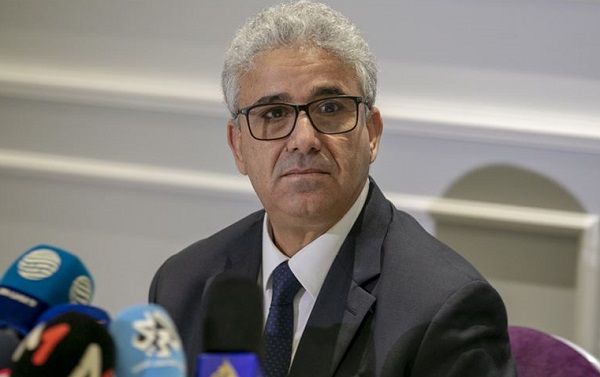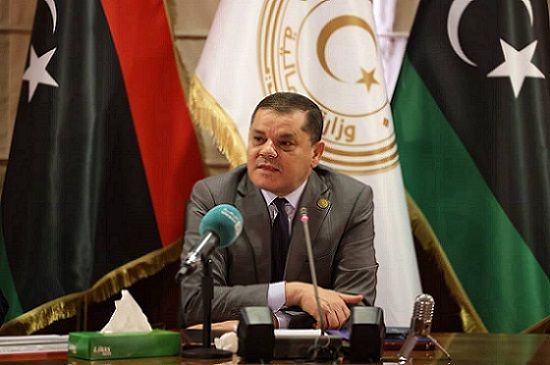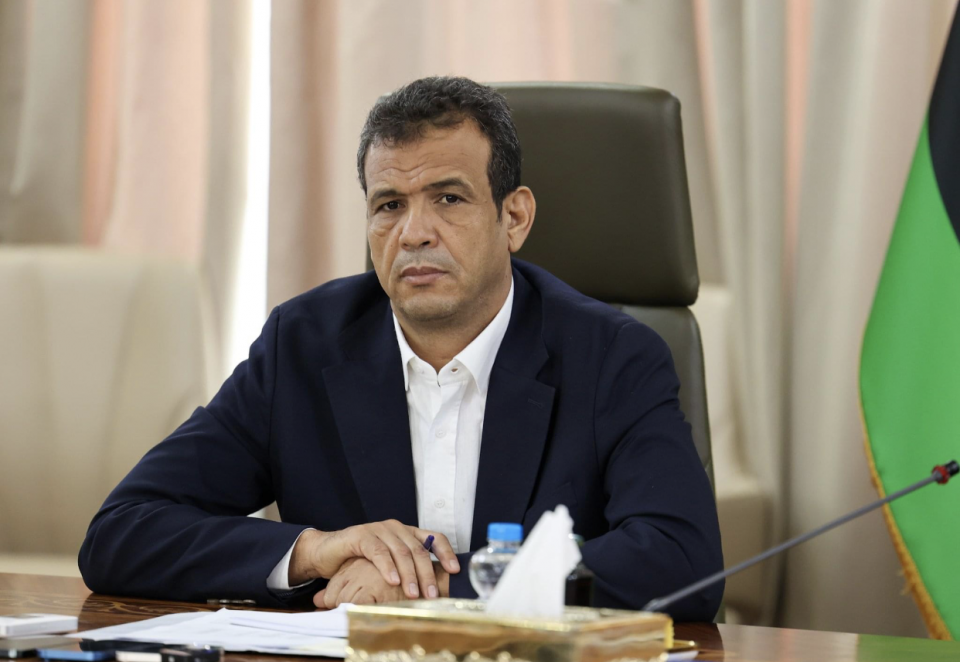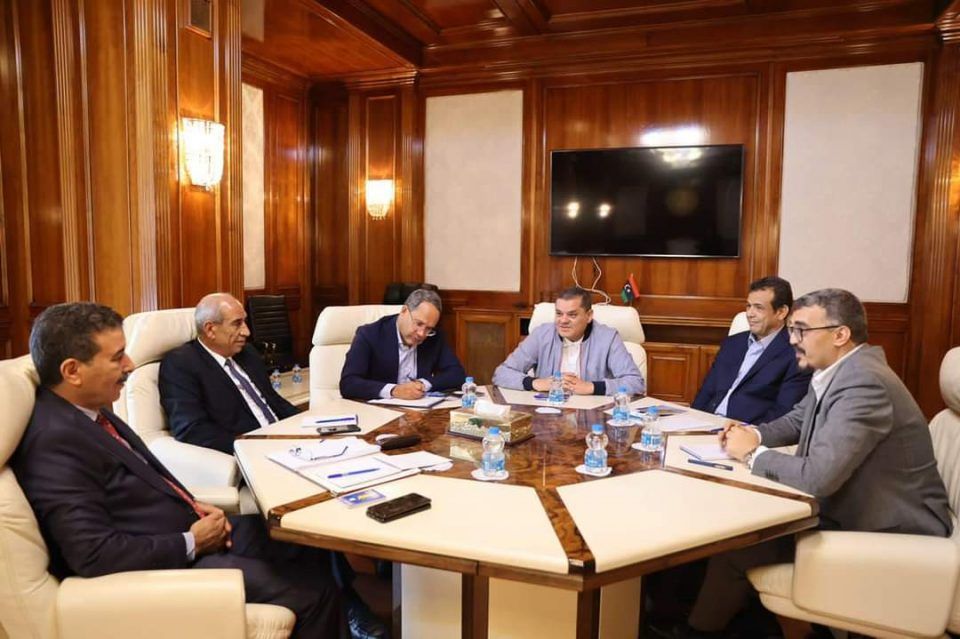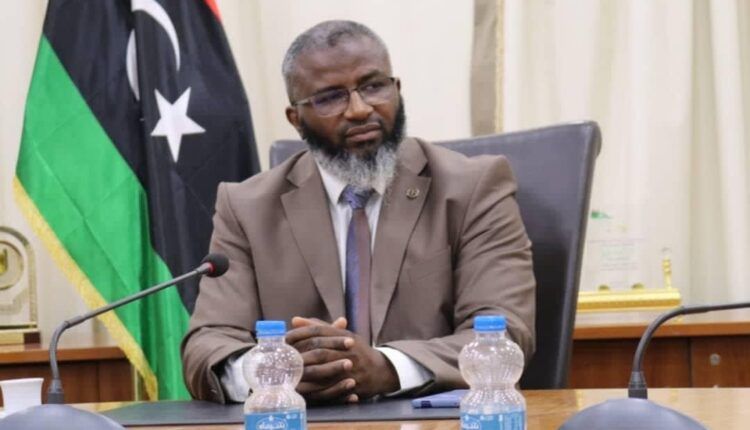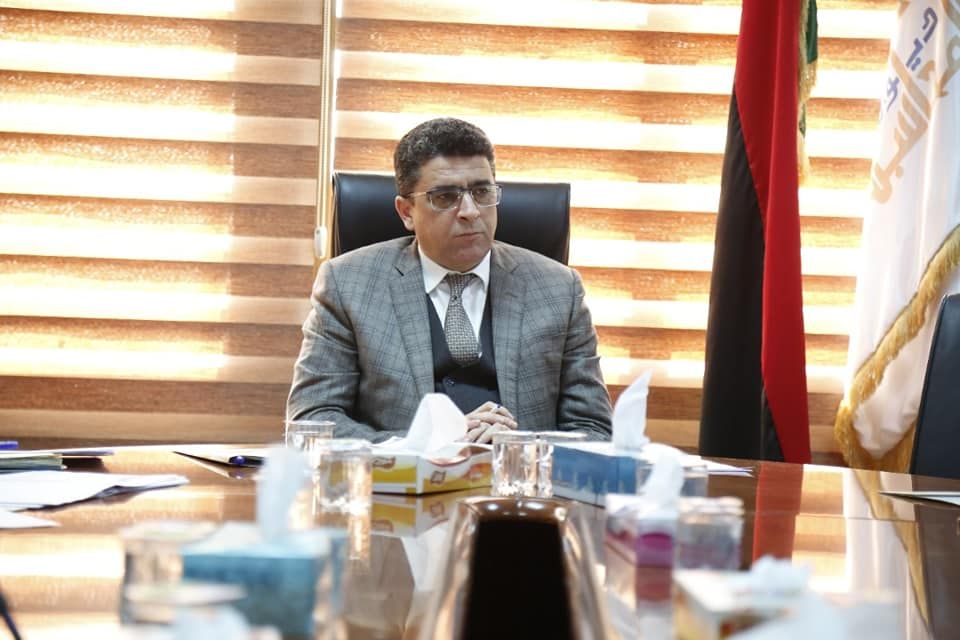Al-Huwaij forms a committee for halal goods and products and to ensure their compatibility with the requirements of Islamic Sharia by issuing Resolution 813
The Minister of Economy and Trade, Mohamed Al-Huwaij, forms a committee for halal goods and products and defines its tasks with the issuance of Resolution 813, to set up an integrated mechanism for the control of food products and commodities and to ensure their compliance with the requirements of Islamic law, and to organize the import process, traceability, examination and accreditation of halal certification bodies.
Al-Huwaij presented a proposal for the technical standard requirements for halal products, the evaluation of slaughterhouses that are allowed to supply their products, the establishment of controls for their approval inside and outside the Libyan state, and the organization of a workshop to discuss halal goods and products supplied to the local market.

